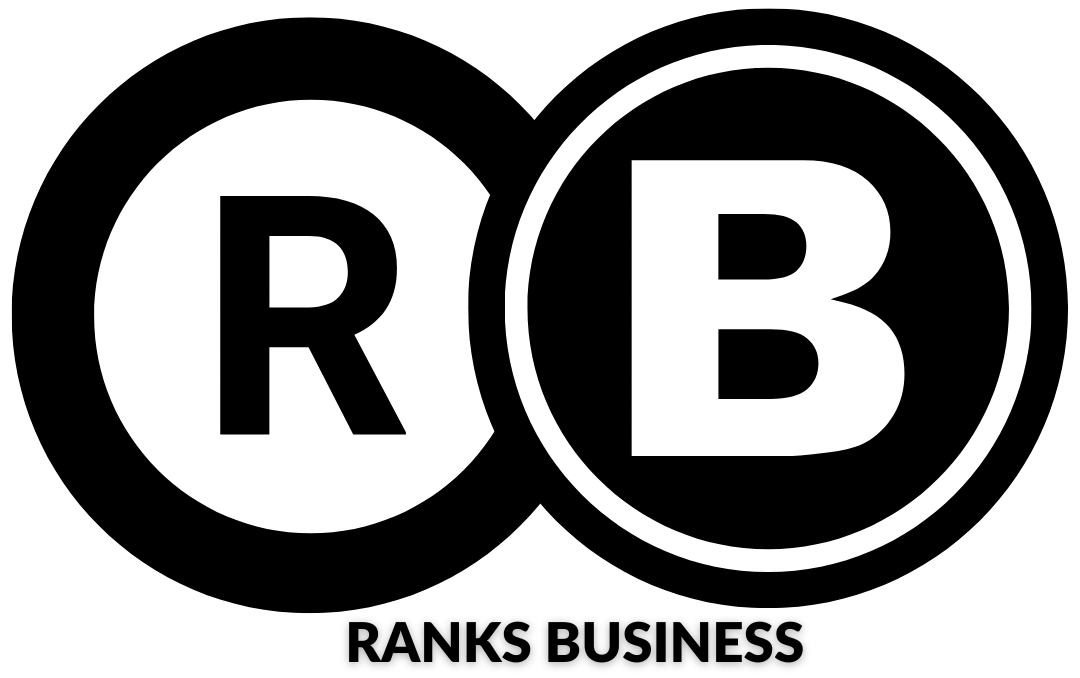Propcrowdy, Nigeria’s property technology (Proptech) firm, has launched a crowdfunding intermediary (CFI) platform into the Nigerian market. This is following from the approval of the platform by the Securities and Exchange Commission (SEC).
With this approval, Propcrowdy becomes the first and only platform in Nigeria today authorized to perform crowdfunding business under the rules and guidelines of SEC.
According to its promoters, Propcrowdy is an inclusionary crowdfunding investment platform that is set up to make it possible for individuals who earn minimum wage to access and climb up the real estate investment ladder in Africa.
“Doing this also enables us to raise project finance for small construction and development companies,” Roland Igbinoba, Founder/CEO of Propcrowdy explained to BusinessDay.
The startup is focusing on two main target audience which are Nigerians who earn between $80 to $1,000 per month. It is estimated that over 127 million Nigerians fall in this category and small and medium enterprise (SME) real estate developers whose annual turnover is less than $5million. There are over 3,600 of these SMEs
Igbinoba recalled that SEC had recently prohibited the activities of all Agritech and crowdfunding investment platforms due to the massive failure and fraudulent activities of many of the platforms.
“SEC had observed with concern the fraudulent activities of some unregistered investment crowdfunding platforms and had strongly advised the investing public against making investment with or through any crowdfunding platform not registered with the commission.
The commission, in recognition of the potential and importance of crowdfunding platforms and the need to protect investors through effective regulation had, in January 2021, published its crowdfunding rules and requested well-intending crowdfunding platforms to register with it,” he said.
He noted that in order to build investors’ confidence and trust, Propcrowdy has taken the long and hard road to securing a crowdfunding license from SEC, adding that Propcrowdy was incorporated in 2019 when there was no regulation for crowdfunding.
Igbinoba quoted Williams Omoruyi, Head of Product Design, as recognizing that low income earners and small real estate businesses in Africa lack the financial capacity to scale, adding, “at Propcrowdy, we are solving the twin problems of social impact and inclusiveness for those at the bottom of the pyramid and creating wealth and economic development for small and medium sized real estate developers.”
He said that funded developers on the platform must meet Propcrowdy’s requirements of environmental, social and governance factors alongside the security and financial metrics in the appraisal and investment decision-making process.
Igbinoba emphasized that success for Propcrowdy would be measured by how much they have been able to successfully democratize real estate investments within the low- and medium-income category in Africa, thereby empowering them and improving their wellbeing.
He assured that their contribution to net zero and the reduction in carbon emissions is of utmost importance.
He recalled that, in 2021, Propcrowdy received family, friends and angel investments of $500,000 to enable it to procure its license and continue to build its products and required infrastructure for monitoring compliance as required by the SEC, disclosing that he round of investments was led by Proptech54 – a proptech-focused accelerator program helping to nurture and scale proptech startups in Africa.

